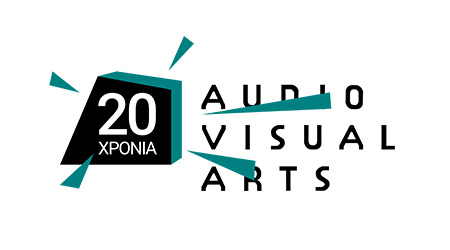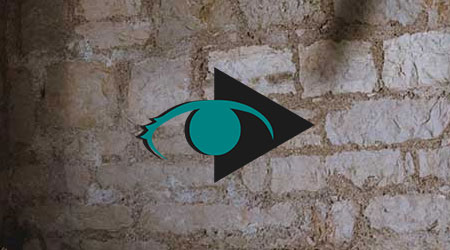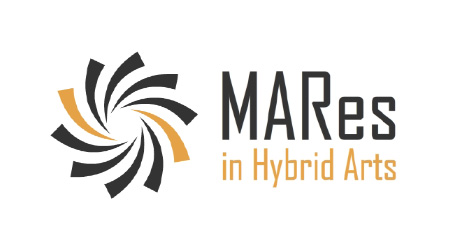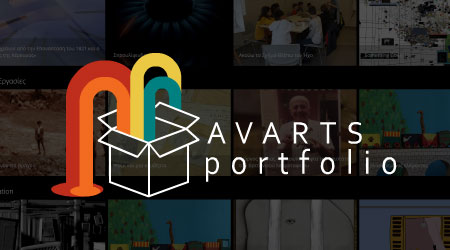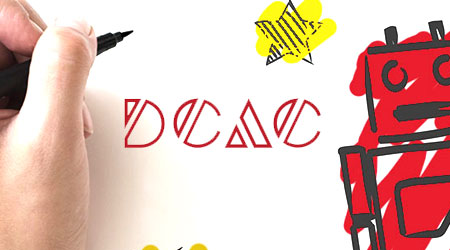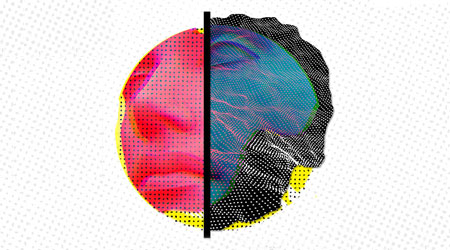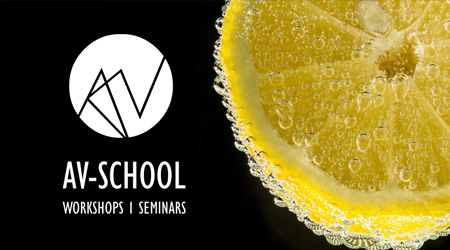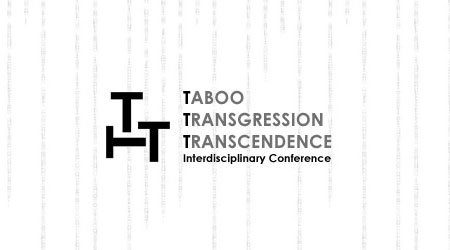Materials, Techniques and Media of Artistic Practice
Teaching Staff: Dragona Daphne
Course Code: THE801
Course Category: Deepening Knowledge
Course Type: Elective
Course Level: Undergraduate
Course Language: Greek
Delivery method: Lectures
Semester: 8th
ECTS: 5
Teaching Units: 3
Teaching Hours: 3
E Class Page: https://opencourses.ionio.gr/courses/DAVA335/
Teaching Structure:
| Activity | Semester Workload |
|---|---|
| Lectures | 39 |
| Literature Study and Analysis | 56 |
| Practice and Preparation | 30 |
| Course Total (ECTS: 5) | 125 |
The course introduces materials, techniques and media used by the artist and analyzes the changing nature, structure, and characteristics of artistic work. The course examines: a) how the use of non-conventional materials and the use of new technologies and tools redefine the concepts of "artistic skill", "artistic specialization" and "creativity", b) how specific technical and artistic methods express broader pedagogical demands, as well as the vision for an enlarged, non-specialized art community; and (c) how the content of artistic practice changes through the transformations of materials, media and techniques.
- Familiarity with basic theoretical and interdisciplinary evaluations of artistic work
- Understanding the changing materials, instruments and techniques / methods of artistic production in the context of broader technological and political and social developments
- Analysis of the interaction of artistic production with other areas of social and scientific activity
Week # 1: Introductory presentation of the course structure and organization. Reference of indicative themes and relationships between them. Introduction to the basic definitions and concepts of interest during the semester. First discussions and analysis of examples with students' participation.
Week # 2: Skill and specialty. New Readings. From technique to new media.
Week # 3: The case of painting.
Week # 4: The case of the visual object.
Week # 5 Creativity and Softwares.
Week # 6: The role of the audience is changing.
Week # 7: Mid-term Presentation of projects.
Week # 8: 'Openness' and the work of art
Week # 9: Materials and digital dematerializeation in the 21st century.
Week # 10: Interdisciplinary, artistic practice as research.
Week # 11: Borderlines.
Week # 12: Relation of artistic production to other areas of social and scientific interest.
Week # 13: Presentation of projects.
Amelia Jones (επιμ.). 2006. Α Companion to Contemporary Art since 1945.Malden: Blackwell. Terry Smith, 2009.
Anna Dezeuze: “‘Open work,’ ‘do-it-yourself artwork,’ and bricolage.” Ιn The “do-it-yourself” artwork: Participation from Fluxus to New Media. Manchester: Manchester University Press, 2012.
Brenda Laurel, Computers as theatre, Addison-Wesley Pub. Co., Reading, 1991.
Douglas Khan, Noise, Water, Meat: A History of Sound in the Arts. Cambridge, Mass.; London: The MIT Press, 1999.
Ellis, J., Visible Fictions: Cinema, Television, Video, Routledge,2nd ed.,1992.
Frank Popper, From Technological to Virtual Art. The MIT Press: London, 2007.
Gabriele Klein, “Labour, Life, Art,” in Ric Allsopp, Richard Gough (επιμ.), “On Labour and Performance,” Performance Research vol. 17, no. 6 (December 2012): 4-13.
Giulio Carlo Argan & Achille Bonito Oliva, Η Μοντέρνα Τέχνη (1770-1970) & η Τέχνη στην Καμπή του 21ου αιώνα. ΙΤΕ/ ΠΕΚ, Ηράκλειο, 2014.
John Roberts, The Intangibilities of Form: Skill and Deskilling in Art after the Readymade. London: Verso, 2007.
Lev Manovich, The Language of New Media. The MIT Press: Cambridge Mass., 2001.
Michael Rush, New Media in Art. Thames & Hudson: London, 2005. Oliver Grau, From Virtual Art to Immersion, Cambridge, MA: MIT Press, 2003.
Petra Lange-Berndt (επιμ.), Materiality. London: Whitechapel Gallery, 2015.
Stephen Wilson, Information Arts: Intersections of Art, Science and Technology. Cambridge, Mass.; London: The MIT Press, 2002.
Lectures, group discussions, scientific research, use of applications, use of audiovisual media, assignments that are progressing during the semester, independent study and guided research, comparative analysis, use of new technologies in order to explore concepts and themes, group presentations, educational content including current art-related issues.
Use of applications, use of audiovisual media, use of new technologies in order to explore concepts and themes, familiarity with internetic research and multimodal communication tools.
The course progresses with lectures, discussions, and exercises that need to be completed during the semester. For the final evaluation are estimated: lesson participation, development of tasks, completeness of execution, creative approach to the subject, in-depth understanding of the concepts that students are dealing with.
Back
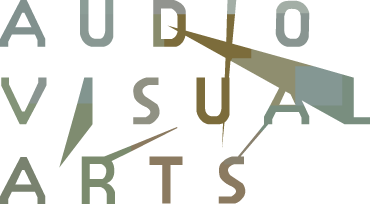


 Materials, Techniques and Media of Artistic Practice
Materials, Techniques and Media of Artistic Practice
